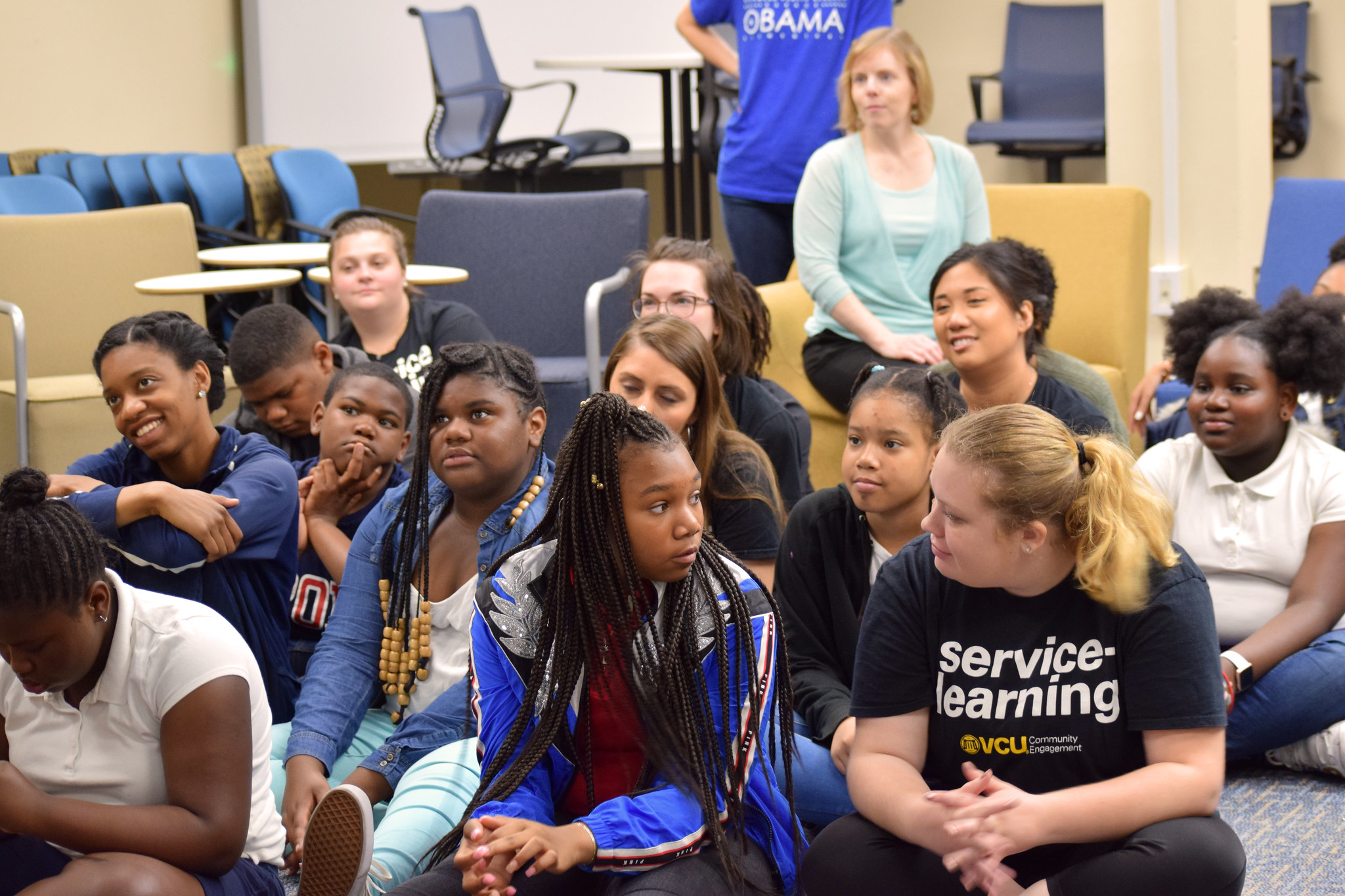VCU Service-Learning Office publishes triennial community partner impact assessment report

The Virginia Commonwealth University Service-Learning Officeannounced the publication of its 2021 Service-Learning Community Partner Impact (CPI) Assessment Report.
The CPI Assessment, which aims to understand the impact of service-learning on community partner organizations in order to ensure reciprocal, mutually beneficial partnerships, found an overall improvement in scores from the 2017 assessment despite difficulties caused by the COVID-19 pandemic. The latest assessment includes 18 in-depth phone interviews with partners from a representative sample of 27 service-learning courses.
The VCU Service-Learning Office oversees the university’s service-learning class designation process; provides service-learning professional development to faculty, students and community partners; and conducts evaluation of service-learning class offerings.
“The Service-Learning Office regularly conducts assessment of our three key stakeholder groups – VCU faculty, students, and community partners – to better understand the impact of service-learning and to improve our programs. The ongoing pandemic, social upheaval, and educational changes of the past few years have made this ever more important and urgent,” said Katie Elliott, associate director of service-learning. “With this particular assessment, we wanted to look closely at the university-community partnerships that were able to persist through the COVID-19 pandemic and the ensuing changes to VCU’s instruction and modalities, to better understand the assets that allowed them to persist and thrive, the challenges they navigated, and the ways that the Service-Learning Office can support community partners now and in the future.“
According to the report, community partners overwhelmingly agreed that service-learning partnerships were important to the organization’s operational capacity, economic functioning and social environment. Partners also reported that adaptation, communication, flexibility and personal investment helped partnerships between community organizations, faculty and students flourish.
Partners identified areas of improvement, including increased preparation and involvement from students and faculty prior to the formal start of the partnership. Partners also identified the need to streamline processes and make materials accessible for developing future service-learning partnerships.
“Community partnerships are the lifeblood of the service-learning mission,” said Rebecca Hoppe, a doctoral student in the Department of Psychology’s developmental psychology program at the VCU College of Humanities and Sciences. Hoppe is the lead author of the assessment report and was hired as an external researcher to ensure the data integrity of the report. “This assessment aims to sustain partnerships by engaging and providing our community partners with a platform to voice their perspectives, concerns and suggestions, to which we can use to inform current and future practice.”
The impacts of the pandemic postponed the CPI Assessment by one year. The VCU Service-Learning Office will resume its typical three-year research cycle, with the next CPI Assessment to be conducted during the 2024-25 academic year.
“Our next steps will be to target our efforts to promote strong relationships and continue to find ways in which we can best serve our community partners,” said Hoppe.
The VCU Service-Learning Office also recently published its annual Service-Learning Impact Measure (SLIM) report. The SLIM report summarizes students’ perspectives on their learning outcomes and experiences in their service-learning classes.
For more information about the VCU Service-Learning Office or questions related to these reports, please contact Katie Elliott at elliottkl@vcu.edu.
Categories CEI News, Service-Learning